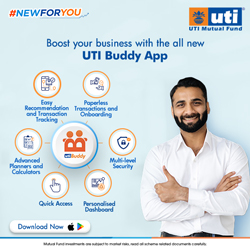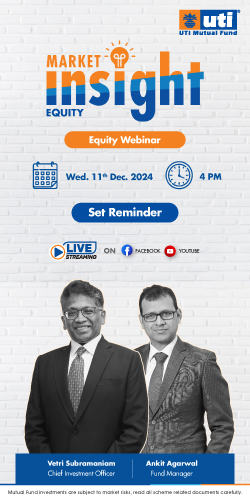Do you want to have better conversations? Try talking less.
Most good advice on creating conversation will tell you that focusing on the other person is key. Put yourself in their shoes. Engage. Move beyond small talk. Listen more. Speak less.
In The Coaching Habit: Say Less, Ask More & Change the Way You Lead Forever, author Michael Bungay Stanier details seven questions to help you “work less hard” — but with greater effect — through “a little more asking people questions and a little less telling people what to do.”
Not only are these good coaching questions, they also help you have more effective conversations with clients, coworkers, and prospects.
I’m going to try them. Here is an outline of each so you can, too:
1. “What’s on your mind?”
This is the Kickstart Question. It is a simple way to move from small talk to real conversation. It’s a question that’s both open and focused: open in inviting the other person to go as deep or shallow as they want, and focused in asking them what’s important right now.
“What’s on your mind?” is an excellent opener at client meetings, giving clients the space to air their concerns and explain what means the most to them.
People have a hard time focusing on more than one thing at a time, so exploring what’s on their mind first helps them to concentrate on the rest of the meeting agenda.
2. “And what else?”
This is the AWE Question and a great follow-up, especially with clients, to “What’s on your mind?”
Stanier calls this “the best coaching question in the world.” Why? Because it ensures that all issues and ideas surface.
Of course, determining what someone’s really thinking about can take some digging, so make an effort to draw them out. Part of doing that well, according to Stanier, is being genuinely interested and curious. You need to really mean “And what else?”
3. “What’s the real challenge for you?”
Called the Focus Question, this one gets to the heart of the matter with the emphasis on “for you.”
What is the person struggling with? Chances are they have a lot on their minds, but this question hones in on the problem they are struggling with right now.
Don’t try to solve the wrong problem. Often clients or prospects have a number of financial decisions they are wrestling with. Rather than tackling each one by one, try to identify the singular underlying issue preventing them from moving forward. Address this first. As Stainer writes, “Spend time solving the right problem, not the first problem.”
4. “What do you want?”
The Foundation Question requires people to imagine their futures. A subtle but powerful shift occurs when people move from considering what’s possible now to what they want in the years ahead.
I imagine most advisers pose some version of this question. After all, much of investing and financial planning is simply pulling the future into the present to help clients make smart financial decisions and achieve their goals. Again, to borrow a line from Stanier, “Once you see the destination, the journey often becomes clearer.”
5. “How can I help?” or “What do you want from me?”
Stanier calls this the Lazy Question. On the surface, this characterization might not make much sense — until you realize that how you think you can help isn’t always how people want to be helped. Rather than guess, ask the question. It saves time.
This one can feel a little abrupt or transactional when asked of clients, so you can try to soften it with a modifier, like “Help me better understand . . .” or “Just so I’m clear . . . ”
6. “If you say yes to this, what are you saying no to?”
This Strategic Question forces people to prioritize. With employees, taking on a new project might mean giving up or setting aside something else.
With clients, everything is a trade-off. Whether contemplating an investment approach or spending decision, they will need to consider their specific options and their drawbacks. Ask them the question and let them tell you the trade-offs.
If clients want higher returns, ask them what the downside may be. If they want to spend more now, they need to know it means spending less in the future. Have your clients weigh the pros and cons for themselves. It will help them own the final decision.
7. “What was most useful for you?”
The Learning Question considers the value you have added. And by having your friend, colleague, or client reflect on this, the learning will stay with them.
This question is a great way to conclude a meeting. Instead of “What was most most useful for you?” also ask “What was most valuable to you?” As an adviser, you receive feedback, you learn more about your clients, and you help them internalize the value you provide.
Copyright © All Rights Reserved. Contact author for limited redistribution permission.
The views expressed in this article are solely of the author and do not necessarily reflect the views of Cafemutual




